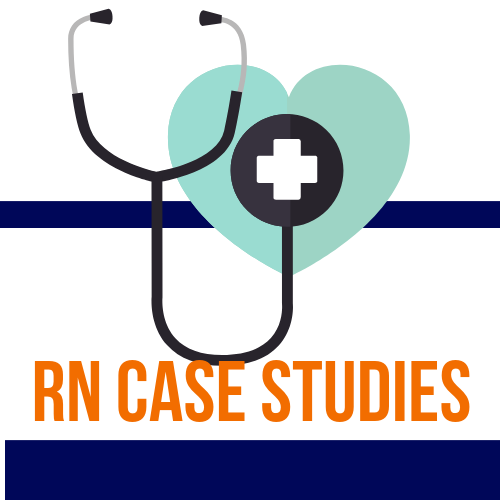The Truth about Empathy
“Empathy is the most powerful connecting and trust building tool we have.”
Brene’ Brown
Empathy is not about connecting or understanding a patient’s experience. Empathy is about understanding the feelings or emotions that underpin the experience.
And isn’t that a relief? Empathy is feeling with our patients. We don’t have to experience cancer, trauma, or congestive heart failure to understand fear, anxiety, and vulnerability. Empathy is about connecting to the feelings and emotions that go along with those experiences. We don’t have to give birth to understand joy or walk down the hall with our rear end hanging out to understand embarrassment. And who of us does not understand what it feels like to be judged?
Teaching
If empathy is a skill, then we can teach it.
It’s valuable for students to understand empathy looks different for each of us. Ask them what it looks like for them.
During post conference ask them to answer the following questions. Check out the post conference handout: Empathy Handout
- When I share something private and personal, and I feel “seen” or understood, I feel:
- When I share something private and personal and I don’t think anyone understands me, I feel:
- When I share something private and personal, I prefer you:
Make eye contact.
Hug or touch me.
Nod your head.
Ask more questions.
Listen quietly.
Respond to me.
Look away. - When someone shares something private or painful with me:
I worry I will say something dumb.
I try to think of something really comforting to say.
I want to solve the problem.
I become very nervous.
My heart begins to pound.
I start to sweat.
I just prefer not to know and wish they hadn’t shared with me.
I am afraid I won’t feel anything.
Post Conference Materials
Reference & Recommended Reading




